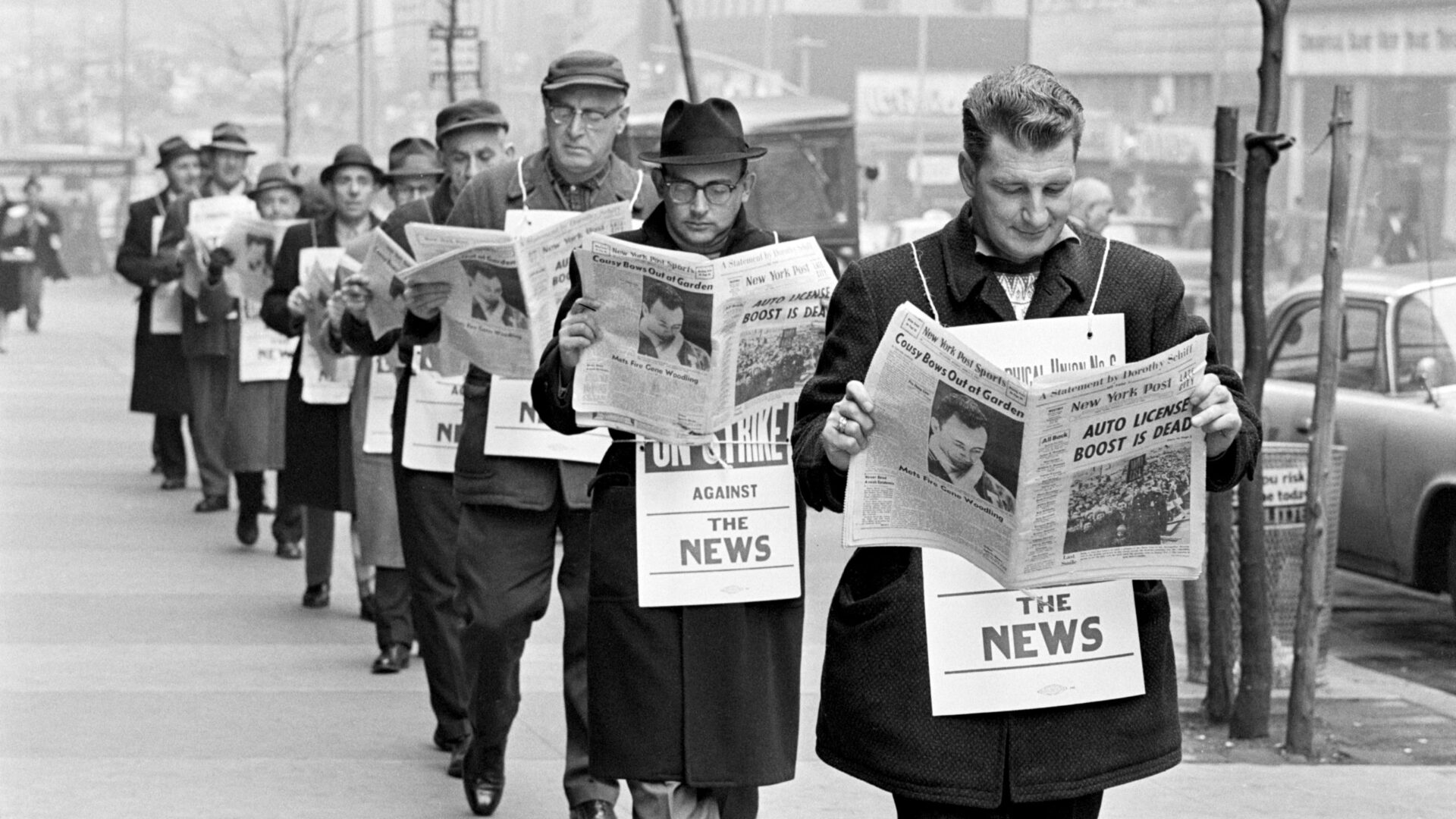
"The Chicago Sun-Times and Philadelphia Inquirer faced backlash for an AI-generated summer reading list filled with fake books and authors, prompting commitments to prevent future occurrences."
"AI can assist journalists in research, but also poses risks, as seen with the Sun-Times and Inquirer, highlighting the need for transparency in AI usage."
"The advent of AI introduces the risk of replacing human journalists across various formats, which could fundamentally change the landscape of media and journalism."
"Criticism arose when Sports Illustrated published AI-generated articles attributed to fictitious authors, exemplifying ongoing issues with authenticity in the age of artificial intelligence."
The Chicago Sun-Times and Philadelphia Inquirer faced ridicule for an AI-generated summer reading list that included fake books and authors. Although the Sun-Times stated it would review content more rigorously, the incident reflects broader concerns about AI's role in journalism. While AI can aid in research, it also risks replacing human writers. The situation highlights the media's struggle to adapt to new technologies while maintaining authenticity and transparency, especially following other controversies, such as Sports Illustrated's use of fictitious authors in reviews.
Read at UnHerd
Unable to calculate read time
Collection
[
|
...
]